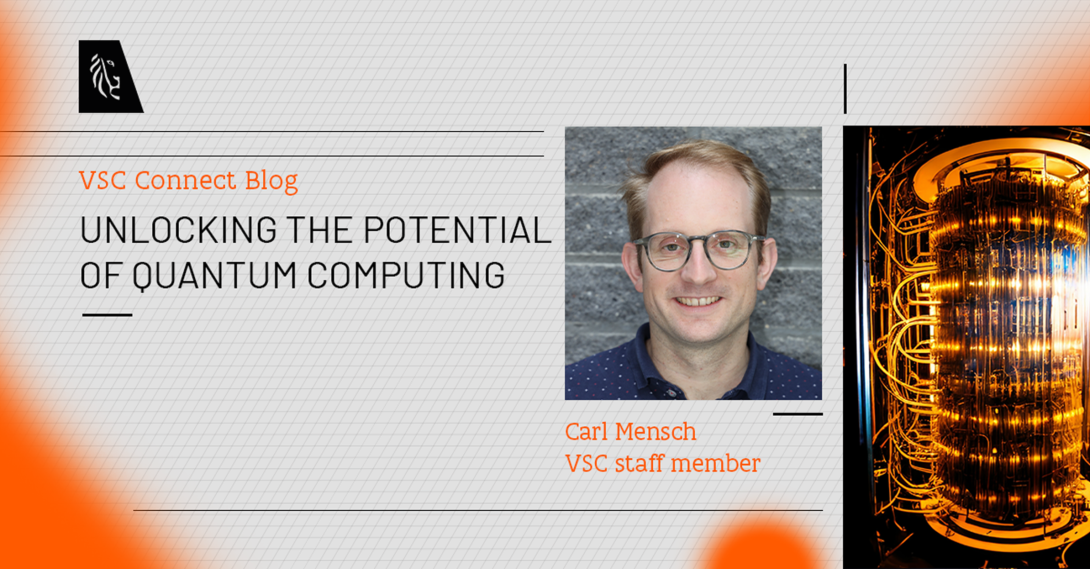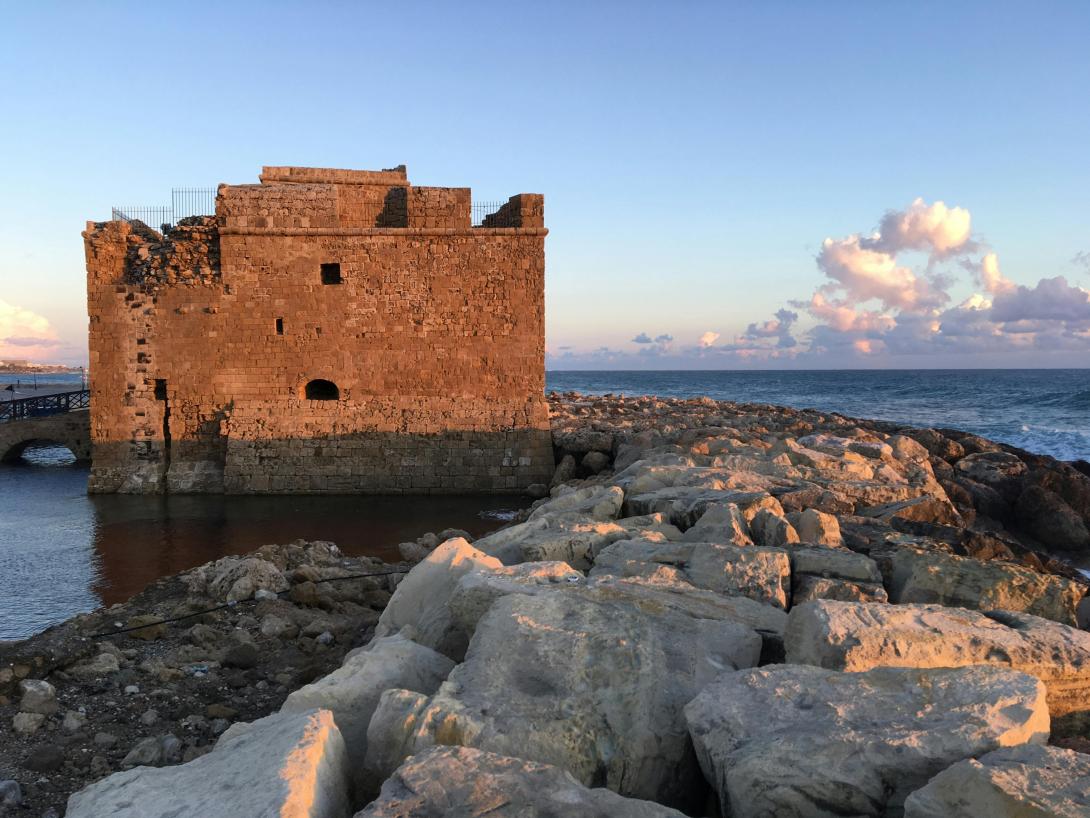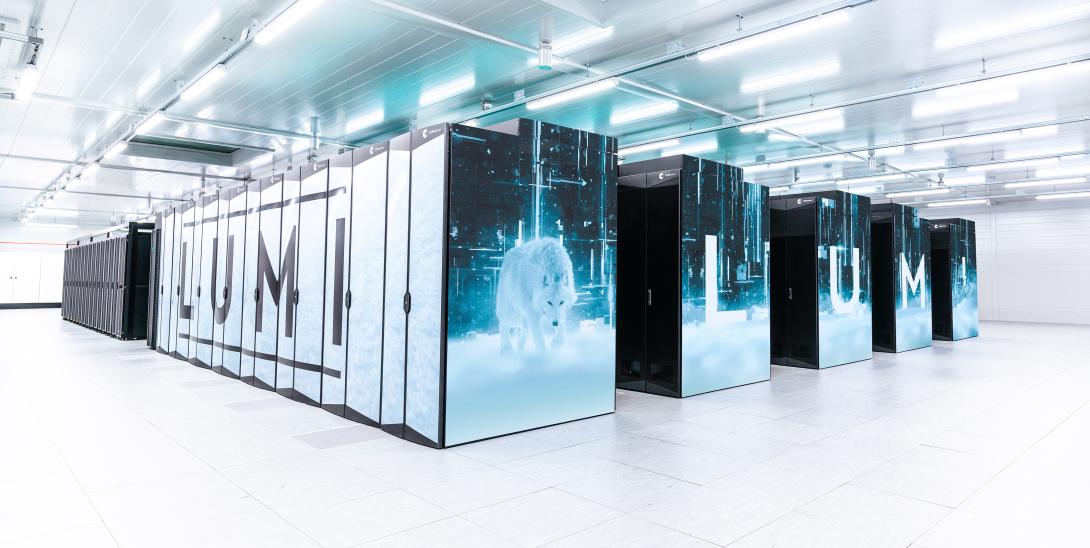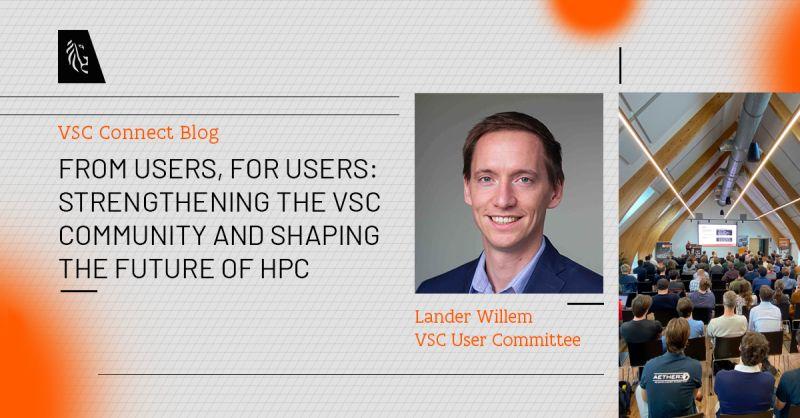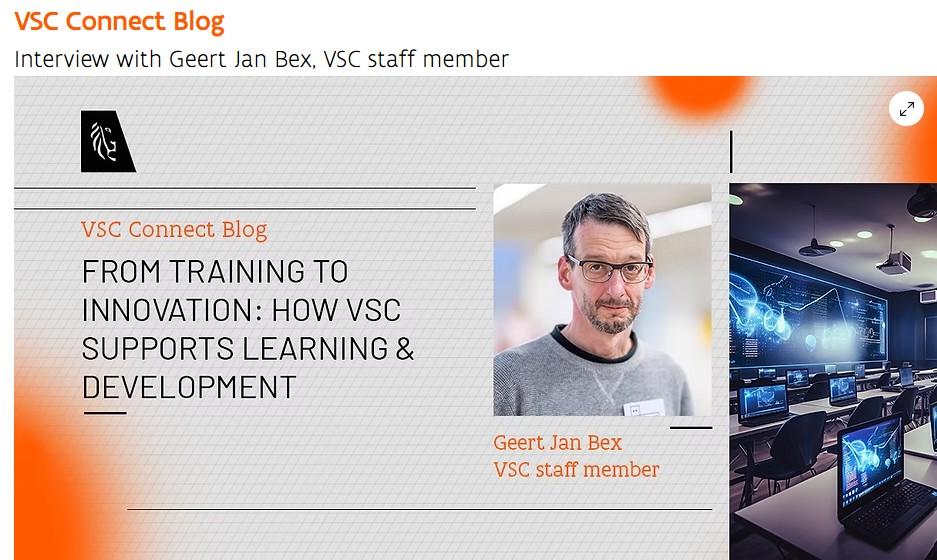For all HPC enthusiasts, within and outside the EuroCC 2 and EuroCC4SEE network: Guests can now register to follow web-streamed plenary sessions ! 🖥️
📅10 - 12 March 2026
📍Paphos, Cyprus
Program
Day 1:
09H00-10H30 : On the Road to AI Gigafactories: Scaling Europe’s HPC and AI Ambition
11H00-12H30 : The Next Frontier of Compute for AI Factories and Gigafactories
14H00-15H30 : Parallel sessions
- Dual-Use of HPC/AI Factories
- Connecting AI Factories to Data Ecosystems and Labs
- Harnessing Potential: European Large Language Models in Research and Innovation
16H30-18H00 : Parallel sessions
- Supporting Researchers & Industrial Users (SMEs) Developing Impactful AI Solutions
- Building Blocks of Discovery: Applications, Workflows, and European Compute & Data Infrastructure
- Europe’s Gateway to Supercomputing Training
Day 2:
09H00-10H30 : Federation & Hyperconnectivity: Enhancing EuroHPC User Access
11H00-12H30 : From EuroHPC Access to Impact: Accelerating Innovation in Europe
14H00-15H30 : Parallel sessions
- EUMaster4HPC 2026 Challenge: Students’ Insights Benchmarking AI Factories on the MeluXina Supercomputer
- Beyond Efficiency: Mitigation Strategies for a More Sustainable HPC
- Celebrating EuroHPC JU ExaStars Alice Recoque and JUPITER
16H30-18H00 : Career fair
Day 3:
09H00-10H30 : European Quantum Computing: State of Play and Next Steps
11H00-12H30 : AI Factories, AIF Antennas: Cooperation and Innovation in Action
14H00-15H30 : Parallel sessions
- International Cooperation with India, Japan and Latin America
- Gender Balance and Career Development in HPC and Quantum
- Turning Quantum Potential Into Practice: Focus on the First European Quantum Excellence Centres and Use Cases
16H30-18H00 : Parallel sessions
- AI Factories: Services Supporting Industrial Innovation
- Digital Twins: Spanning Edge to HPC
- How to Access EuroHPC Quantum Computing Resources – Info Session
Explore the program: 👉https://www.eurohpcsummit.eu/programme
Register now via https://www.eurohpcsummit.eu/register
#EuroHPCSummit #HPC #AI #QuantumComputing #EuroHPCJU
